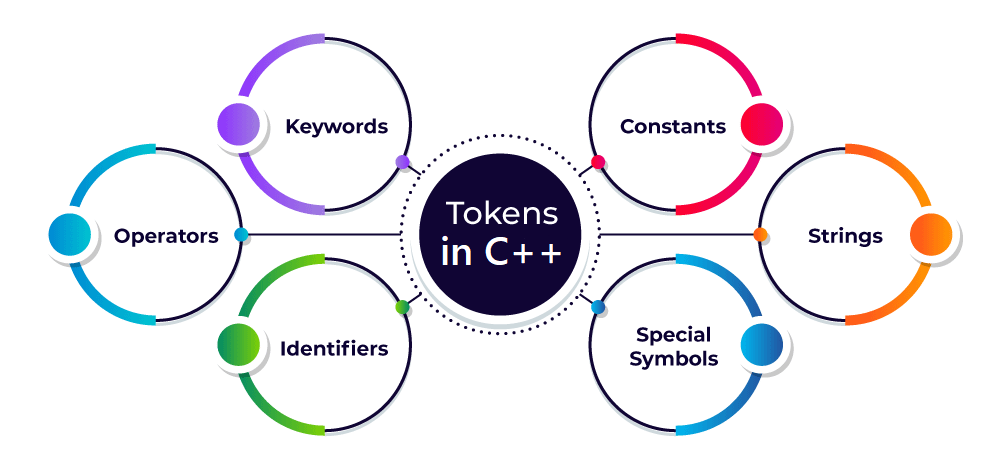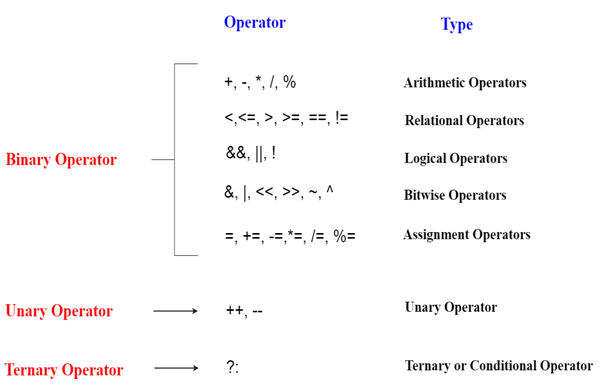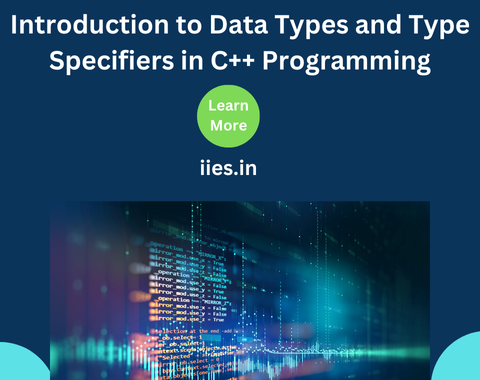Basics in c++:
- Comments does not paritipate in the execution.
- It clearly explains about the readability ,description of the program.purpose of the program
- The primary purpose of comments is to provide additional context or details about specific lines of code.
- Programmers frequently use comments to document their work and improve code maintainability.
Why Comments are used in C++?
It makes a program more readable
It gives description of the code.
After a long time u r recap the code means the code means the comments says the program what is supposed to do.
Single line(comments) : single line does not pariticipate in the execution. The compiler is to ignore the that single line after this comment.
#include <iostream>
using namespace std;
int main()
{
// compiler
cout << “iies!”;
return 0;
}
Multiline comments:
Multiple lines of comments:ignores a multi line comments by the compiler
// C++ Program to demonstrate Multi line comment
#include <iostream>
using namespace std;
int main()
{
/* Multi line comment which
will be ignored by the compiler
*/
cout << “Hello iies!”;
return 0;
}
Every single element in the c program is said to be an token.

- Keywords
- Identifiers
- Constants
- Strings
- Special Symbols
- Operators
Keywords:
1.Reserved words
2.Predefined words.
3.we cannot redefine keyword for example( int int 4);
Standard | Total Keywords |
C++98/C++03 | 63 |
C++11 | 74 (11 new keywords added) |
C++14 | 75 (1 enhancement to constexpr) |
C++17 | 75 |
C++20 | 82 (7 new keywords added) |
C++23 | 84 (2 new keywords added) |
- Inherited from C:
- 32 keywords (e.g., int, return, if, while).
- Added in C++:
- Additional keywords for object-oriented programming, templates, and advanced features (e.g., class, virtual, template, namespace).
- Modern Features:
- Introduced in newer standards for concepts, concurrency, and coroutines (e.g., constexpr, concept, co_await, requires)
asm | double | new | switch |
auto | else | operator | template |
break | enum | private | this |
case | extern | protected | throw |
catch | float | public | try |
char | For | register | typedef |
class | friend | return | union |
const | goto | short | unsigned |
continue | if | signed | virtual |
default | inline | sizeof | void |
delete | Int | static | volatile |
do | long | struct | while |
Storage Class Specifiers
1. auto:
auto x = 10; // Type deduced as int
- In earlier C++, it specified automatic storage duration (default for local variables).
2. register:
- Suggests that the variable should be stored in a CPU register for faster access (modern compilers often ignore this).
3. static:
- Used to define:
- Variables with static storage duration.
- Members belong to the class, not an instance.
4. extern:
- Declares a variable or function that is defined in another file or scope.
Type Specifiers
5. char, int, float, double, short, long, signed, unsigned:
- Specify data types.
- Example: unsigned int defines a non-negative integer type.
6. void:
- Specifies a function that does not return a value.
Control Flow
7. if, else:
- Conditional statements for decision-making.
8. switch, case, default:
- Used for multi-way branching.
switch (x) {
case 1: /* Code */; break;
default: /* Code */;
}
9. for, while, do:
- Looping constructs:
- for: For a specified number of iterations.
- while: Iterates as long as a condition is true.
- do-while: loop runs at least once.
10. break, continue:
- Control loop flow:
- break: Exit the loop immediately.
- continue: Skip the current iteration.
11. goto:
- Transfers control to a labeled statement (rarely used due to readability concerns).
Object-Oriented Keywords
12. class:
- used to define user-defined types (blueprints for objects).
class myclass { public: int x;};
13. public, private, protected:
- access specifiers:
- public: accessible from anywhere.
- private: accessible only within the class.
- protected: accessible within the class and derived classes.
14. virtual:
- specifies a function for runtime polymorphism.
15. this:
- a pointer to the current object.
16. friend:
- grants another class or function access to private/protected members.
17. template:
- enables generic programming by defining functions/classes that work with any data type.
template <typename t>
18. operator:
- overloads operators for user-defined types.
19. typedef:
- creates an alias for an existing type.
typedef unsigned int uint;
20. union:
- defines a data structure where all members share the same memory space.
Exception handling:
21. try, catch, throw:
- handle runtime errors (exceptions).
try { // code that may throw} catch (exception& e) { // handle exception
22. return:
- specifies the return value of a function.
23. inline:
- suggests the compiler replace function calls with the function’s body to reduce overhead.
24. sizeof:
- returns the size of a data type or object in bytes.
int x = sizeof(int); // typically 4
25. volatile:
- indicates a variable can be changed unexpectedly (e.g., hardware registers, multi-threading).
26. const:
- declares variables whose values cannot be modified after initialization.
27. asm:
- allows embedding assembly language instructions directly in c++ code (rarely used).
Constants:
Constants in c it cannot change the value once it is defined.
// C program to illustrate constant variable definition
#include <stdio.h>
int main()
{
const int integer_const = 34;
const char character_const = ‘B’;
const float float_const = 12.22;
printf(“Printing value of Integer Constant: %d\n”,
integer_const);
printf(“Printing value of Character Constant: %c\n”,
character_const);
printf(“Printing value of Float Constant: %f”,
float_const);
return 0;
}
Strings in c++:
——————-
// C++ Program to demonstrate strings
#include <iostream>
using namespace std;
int main()
{
char s[] = “”;
cout << s << endl;
return 0;
}
// C++ program to create std::string objects
#include <iostream>
using namespace std;
int main()
{
string str(“iies”);
cout << str;
return 0;
}
#include <iostream>
using namespace std;
int main()
{
string str(5, ‘g’);
cout << str;
return 0;
}
Using C-style strings
// C++ Program to demonstrate C-style string declaration
#include <iostream>
using namespace std;
int main()
{
char s1[] = { ‘g’, ‘f’, ‘g’, ‘\0’ };
char s2[4] = { ‘g’, ‘f’, ‘g’, ‘\0’ };
char s3[4] = “gfg”;
char s4[] = “gfg”;
cout << “s1 = ” << s1 << endl;
cout << “s2 = ” << s2 << endl;
cout << “s3 = ” << s3 << endl;
cout << “s4 = ” << s4 << endl;
return 0;
}
Other Operators:
Semicolon (;): It is used to terminate the statement.
Square brackets []: They are used to store array elements.
Curly Braces {}: They are used to define blocks of code.
Scope resolution (::): Scope resolution operator is used to access members of namespaces, classes, etc.
Dot (.): Dot operator also called member access operator used to access class and struct members.
Assignment operator ‘=’: This operator is used to assign values to variables.
Double-quote (“): It is used to enclose string literals.
Single-quote (‘): It is used to enclose character literals.
Operators:
- Unary operators
- Binary operators
- Ternary operators
.



